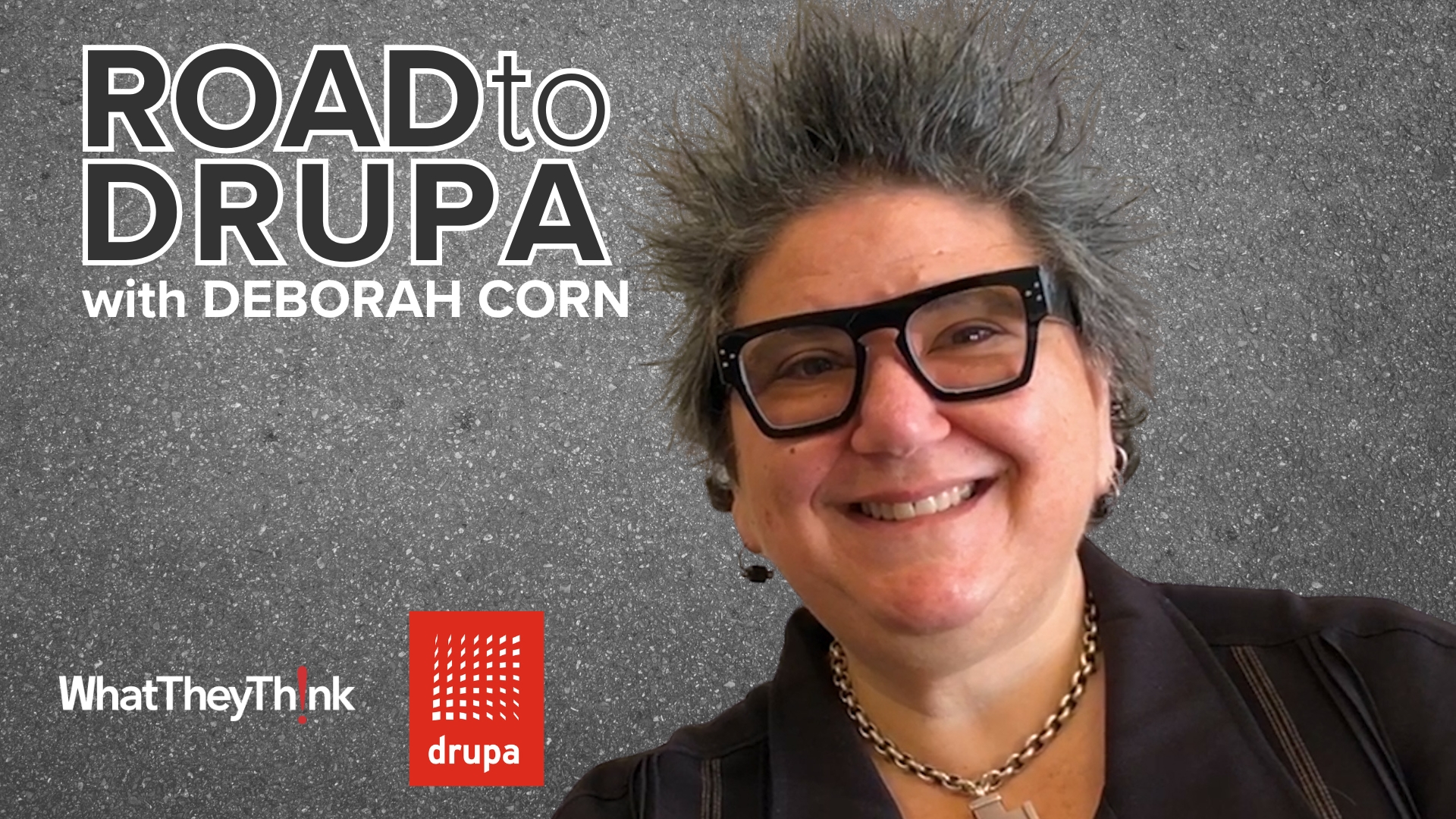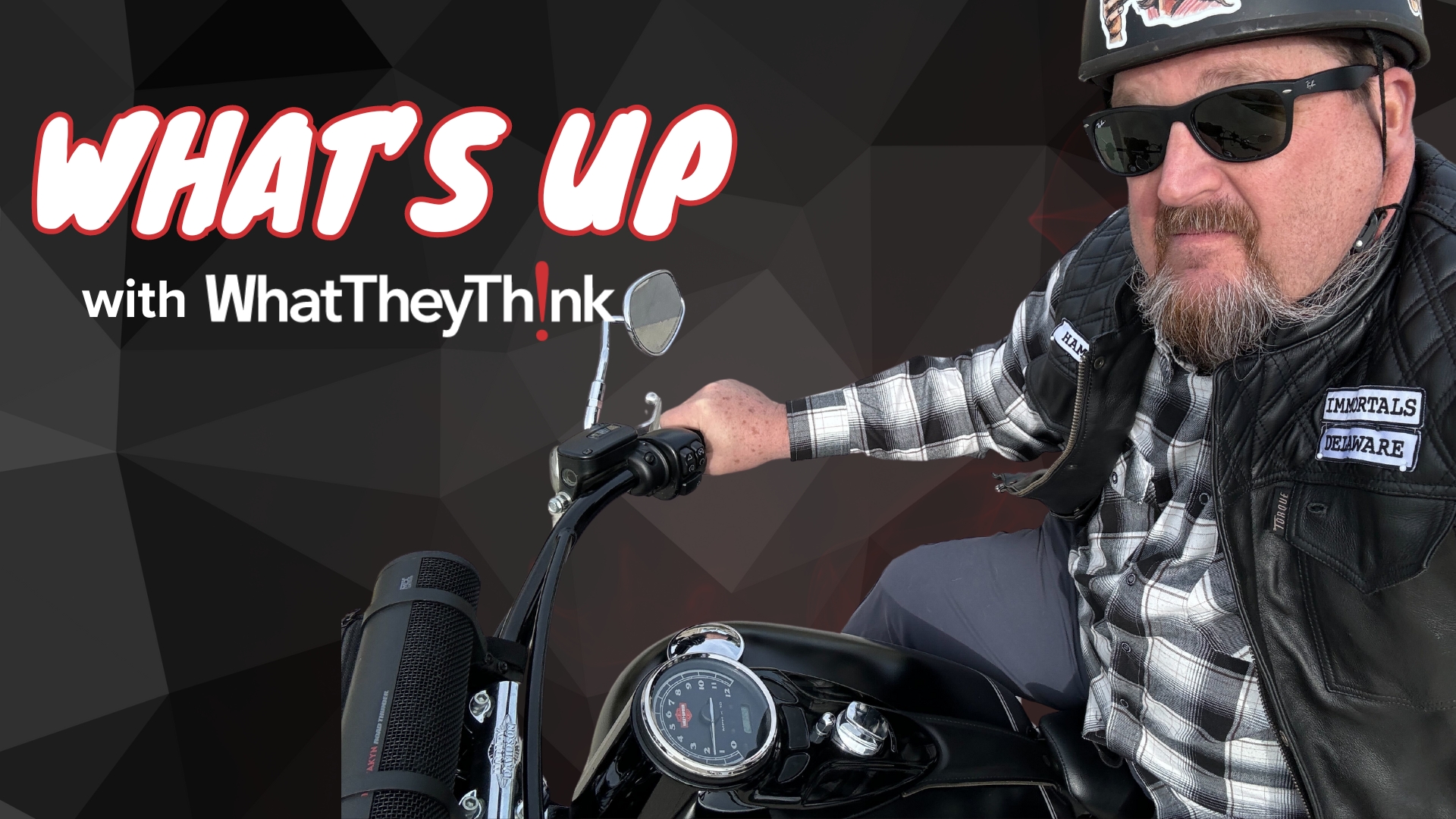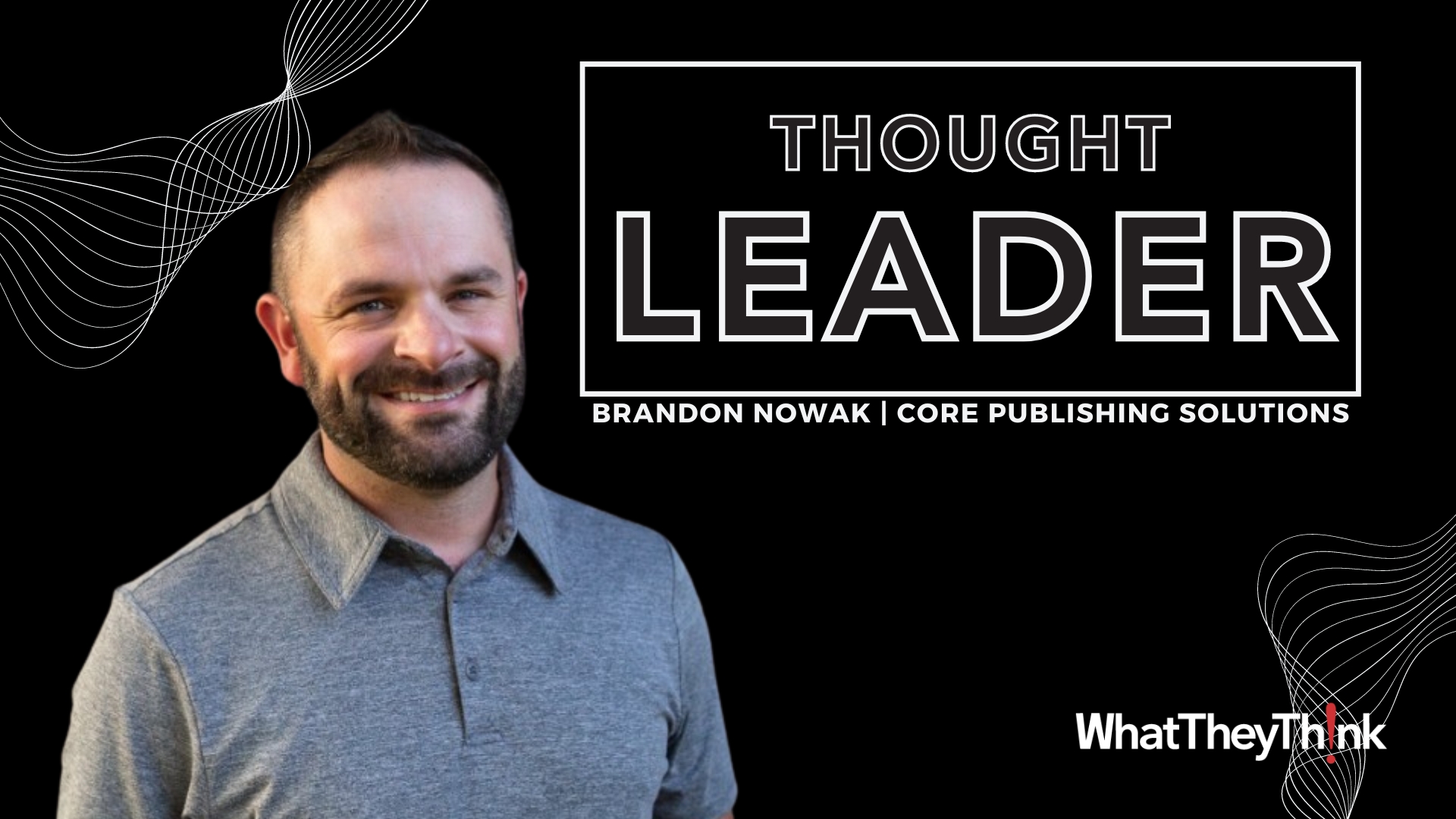First KBA Rapida 106 for Japan heading to Taisei
Press release from the issuing company
Koenig & Bauer AG (KBA) has now also ramped up its sales and service activities in Japan, with the founding of the new subsidiary KBA Japan Company Ltd. in Tokyo. The managing director of the new company is Kenneth Hansen. He has worked in the Asian graphic arts industry for over 35 years and, as CEO of manroland Northeast Asia, was responsible for the Korean and Japanese markets for eight years before moving to KBA. In the second week of December, he brought a delegation of Japanese trade journalists and print association representatives to Germany to offer them a first-hand insight into the KBA group and its broad product range for the most diverse print markets. And it was at the same time a fitting occasion to publicise the first order booked by the new company. Alongside visits to the web press manufacturing facility at the KBA headquarters in Würzburg and to the sheetfed offset division in Radebeul near Dresden, the tour agenda included stopovers with the UV specialists from KBA-MePrint in Veitshöchheim and at metal decorating subsidiary KBA-MetalPrint in Stuttgart.
KBA scores with the makeready world champion
KBA's realignment of its activities on the important Japanese market is already bearing fruit. Taisei Co. Ltd., a distinguished Tokyo-based packaging printer, will be taking delivery of the first highly-automated medium-format Rapida 106 in the new year – as an eight-colour press with dedicated accessory packages for plastic substrates, board handling and alternating UV/conventional operation. The Taisei management team, headed by president Yoshiro Ohno, also travelled to Radebeul on 12th December for the final print testing before shipping of the press from the KBA factory. Taisei prints backlit display graphics for the vending machine industry (e.g. cigarette and drinks machines). The substrates are transparent films (polyethylene) in thicknesses between 0.2 and 0.4 mm. This work had in the past been handled by presses from another German manufacturer.
The Rapida 106 packs a raft of unique features geared to extremely short makeready times. It was this point, in particular, which has secured KBA its foothold on the fiercely competitive Japanese offset market, alongside high production speeds, the enormous substrate flexibility and an unrivalled competence in the field of inline finishing. The equipment chosen for the Rapida for Taisei includes the sidelay-free infeed DriveTronic SIS, DriveTronic SPC direct drive technology for simultaneous plate changing, the Plate Ident system for plate identification and automatic pre-registration, CleanTronic UV washing systems and an Emission Extraction System for the delivery, to mention just a few of the highlights. The eight-colour press is configured to handle both board and plastic films. It permits the alternating use of conventional and UV inks, and possesses three UV interdeck dryers which can be assigned freely to the prepared installation points. The ErgoTronic console incorporates comprehensive quality assurance functionality: ErgoTronic Color Control (automatic colour density measurement), ErgoTronic Lab (colour measurement and control based on Lab values), ErgoTronic Quality Pass (colour measurement reports) and Instrument Flight (grey balance control by System Brunner). And LogoTronic provides for the transfer of preset data from pre-press and for production data acquisition.
High-tech seeds differentiation on a competitive market
When the Rapida 106 goes live at the end of March 2013, Taisei will take command of an outstandingly powerful sheetfed offset press for packaging and film printing. KBA is correspondingly confident that this first installation will send strong ripples through the technically very demanding Japanese market, where the oldest press manufacturer in the world hopes to harvest considerable potential. With speeds up to 20,000 sph in straight printing and up to 18,000 sph in perfecting, in combination with extremely fast job changeovers, the KBA Rapida 106 delivers the highest performance of any medium-format press (max. sheet format 74 x 106 cm) on the world market. It helps to set KBA apart from its Japanese competitors by catering to the most sophisticated demands of the premium market segment, and looks certain to gain the favour of all those users who not only seek to stand out from the mainstream, but also feel committed to highly efficient, flexible and sustainable production.
- Real World AI for the Printing Industry
- Harnessing the Power of Synergy: HP High Speed Inkjet and Indigo Liquid Toner Technologies
- KYOCERA NIXKA INKJET SYSTEMS (KNIS) INTRODUCES BELHARRA, THE NEW WAVE OF PHOTO PRINTERS
- New RISO Printing Unit Offers Easy Integration for Package Printing
- March 2024 Inkjet Installation Roundup
- Inkjet Integrator Profiles: Integrity Industrial Inkjet
- Revisiting the Samba printhead
- 2024 Inkjet Shopping Guide for Folding Carton Presses

WhatTheyThink is the official show daily media partner of drupa 2024. More info about drupa programs
© 2024 WhatTheyThink. All Rights Reserved.









Discussion
Join the discussion Sign In or Become a Member, doing so is simple and free